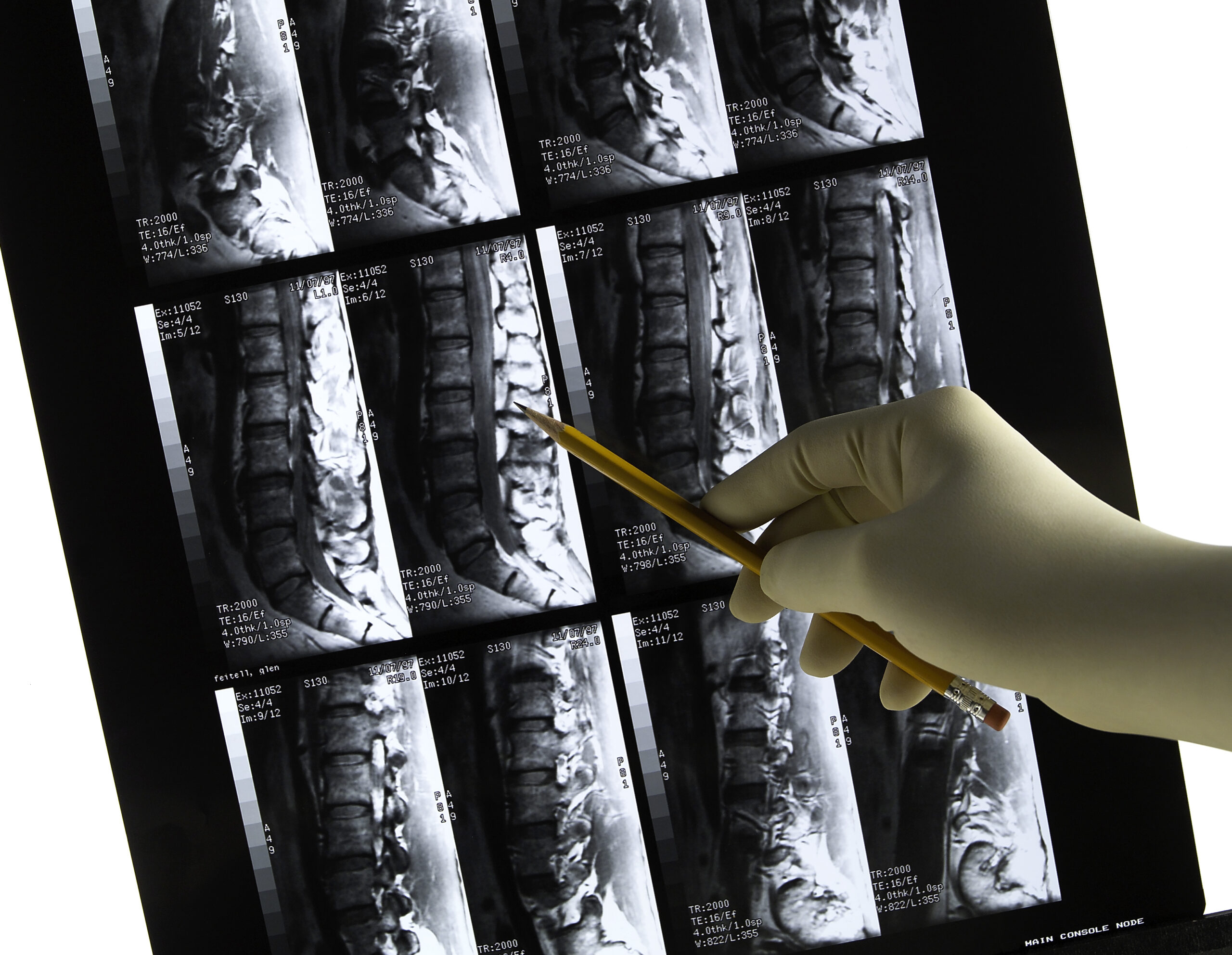
Health News
Features
-
Pop Quiz: Osteoporosis Can Sneak Up on You. Are You at Risk?
Breaking a bone is scary enough for anyone, regardless of age. So imagine how frightening it can be to know that your bones aren’t nearly as strong as when you were younger! Unfortunately, that’s a reality for people who suffer from osteoporosis. The condition is often an underlying factor when seniors suffer broken bones. Take…
-
More Than Man’s Best Friend
Maguire Schmid Finds Perfect Partner in Diabetic Alert Dog by TIM CRAIG photos by MICHAEL WILSON Maguire Schmid remembers his first encounter with a Diabetic Alert Dog. It was about seven years ago at a festival. One of his friends who has type I diabetes had one. “I had no idea they even existed until…
-
Pop Quiz: Do You Know the Signs and Symptoms of Endometriosis?
Pain and discomfort during menstruation are common symptoms women experience, but severe pain and other symptoms during your period may be a sign of endometriosis. This condition may be dismissed as severe symptoms during menstruation, so it is important to recognize the signs and symptoms of endometriosis so you can see your doctor and treatment…
Columns
-
July is UV Safety Month
When we think of summer, images of beaches, theme parks, and outdoor sports and activities come to mind. While getting out of the house and doing things outside is generally considered healthy, there are risks involved, one of which is exposure to the dreaded UV light. Ultraviolet (UV) light refers to the region of…
-
Understanding Tailbone and Pelvic Pain
We’ve all heard it: “This is a pain in the butt,” right? As with most expressions, fables and fairytales, that expression came from somewhere. Pain in your tailbone and pelvis can be very debilitating but different from other forms of back pain like sciatica or stenosis, which basically are inflammation or pinching of nerves and…
-
The Dangers of Diabetes
Diabetes affects millions of people in the U.S. It is one of the most common diseases affecting the developed world and is strongly linked to the obesity factor. It’s a chronic illness, and like HIV, people don’t die of diabetes but its complications. More than 7 million people with diabetes are undiagnosed, and 1 in…





